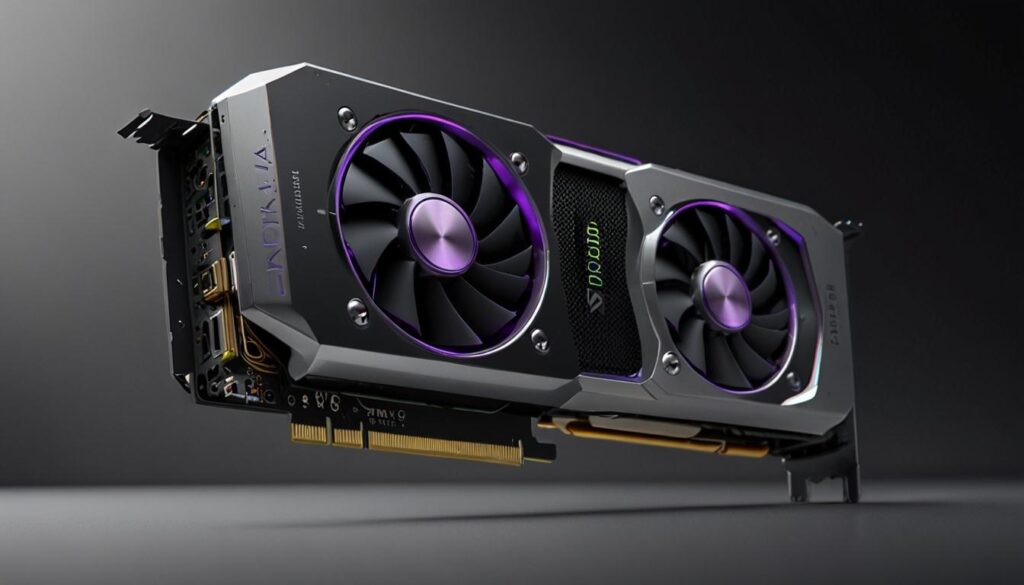The stock market’s recent fluctuations have raised questions about the perceived overvaluation of AI firms, particularly Nvidia, as experts argue that the transformative potential of AI remains substantial despite investor caution.
Stock Market Volatility Sparks Debate Over AI’s True Value
The recent turbulence in the stock market has drawn significant attention, especially concerning AI-related technology shares. Central to this discourse is Nvidia, whose upcoming quarterly earnings report, slated for 28 August, has become highly anticipated.
Nvidia’s stock has exhibited remarkable performance in 2023, with an almost 150% increase despite a recent sell-off sparked by investor concerns over potential overvaluation. This hesitation among investors reflects a broader uncertainty about whether the enthusiasm surrounding AI’s transformative potential was overblown. Nevertheless, experts insist it is premature to draw conclusions about the long-term viability of AI technologies from short-term market movements.
Nvidia, recognised for its pivotal role in AI infrastructure through its advanced GPUs, saw its stock prices soar as investors wagered on AI’s enormous potential. This euphoria, however, has led to cautionary responses lately, with some fearing that the growth may not align with the real value of the technology. Nonetheless, industry insiders and analysts reaffirm AI’s unstoppable trajectory, projecting sustained innovation and integration across diverse sectors.
Nigel Green, CEO and Founder of deVere Group, stresses that dismissing the current AI landscape as overhyped is misguided. Green highlights the revolutionary impact of generative AI, underscoring how it is reshaping industries globally. He emphasises Nvidia’s crucial role in this transformation, given its cutting-edge hardware and software solutions.
In the creative sector, AI’s influence has been particularly pronounced. Advanced AI tools like Midjourney, DALL-E 2, Stable Diffusion, and Adobe Firefly have catalysed significant developments in image generation technologies. Adobe, leveraging its Creative Cloud suite, is among the key players investing heavily in generative AI, which, despite its ongoing profitability challenge, demonstrates the sector’s commitment to integrating AI capabilities.
Generative AI’s adoption spans various applications, from professional software tools to consumer-facing mobile apps. While the market is becoming crowded, with numerous offerings catering to diverse needs, a consolidation phase appears likely. In this phase, industry behemoths like Adobe and Getty, which integrate Nvidia-powered AI, will likely solidify their positions, capitalising on AI to maintain market leadership.
The commercial landscape of generative AI is dynamic, with companies like Midjourney reportedly achieving profitability and OpenAI exploring for-profit frameworks. Emerging entities like Flux AI also vie for market share, illustrating the sector’s vitality and competition. Businesses across media and branding sectors have increasingly adopted AI-generated visuals, signalling a growing acceptance of AI’s efficacy in content creation.
Nonetheless, challenges persist. The legal arena grapples with unresolved copyright issues, with companies like Midjourney, Stability AI, and Google facing lawsuits from artists alleging intellectual property infringement. There is also skepticism about some AI use cases, such as AI-generated social media influencers, which may not resonate with authenticity-valuing demographics like Gen Z.
As the buzz around AI stabilises, the technology itself will endure. The initial novelty of AI branding may wane, akin to the early interest in ‘cyber’ technologies, but concrete advancements and applications of AI are expected to sustain its relevance. The creative industries are likely to continue leveraging AI for innovative solutions, navigating evolving market and legal landscapes.
In conclusion, while market fluctuations and investor apprehensions highlight the volatility surrounding AI investments, the broader trend suggests that AI, particularly generative AI, remains a core driver of technological and creative innovation. As the sector evolves, key players will adapt, and the foundational role of AI in transforming industries will become increasingly pronounced.

